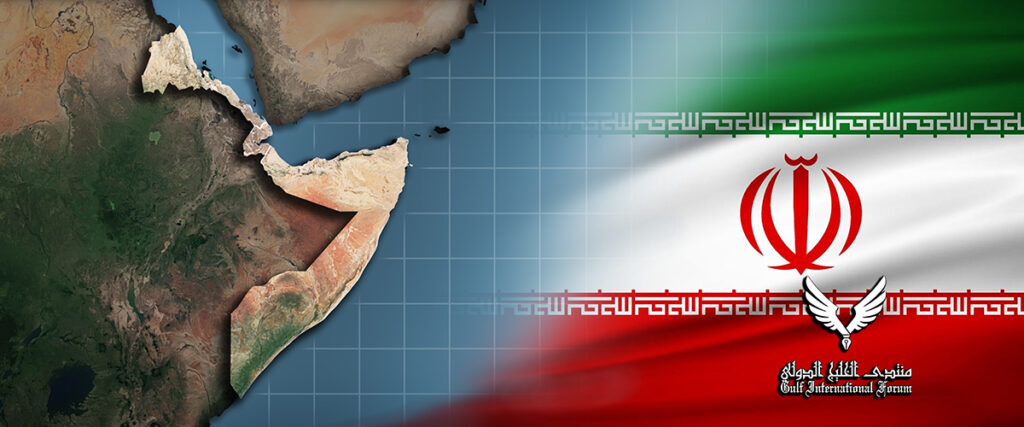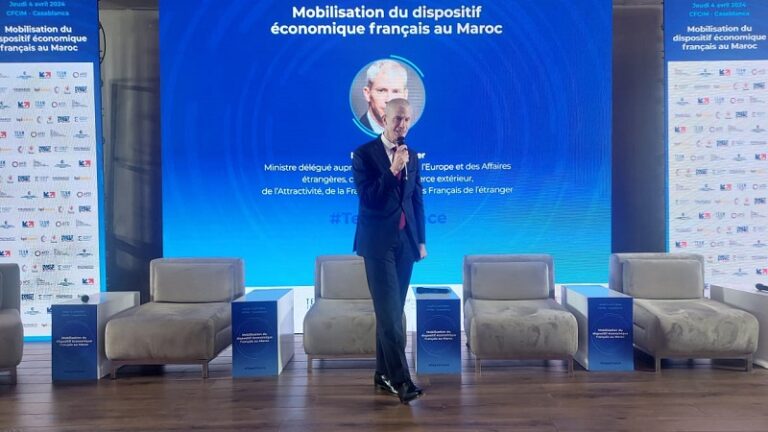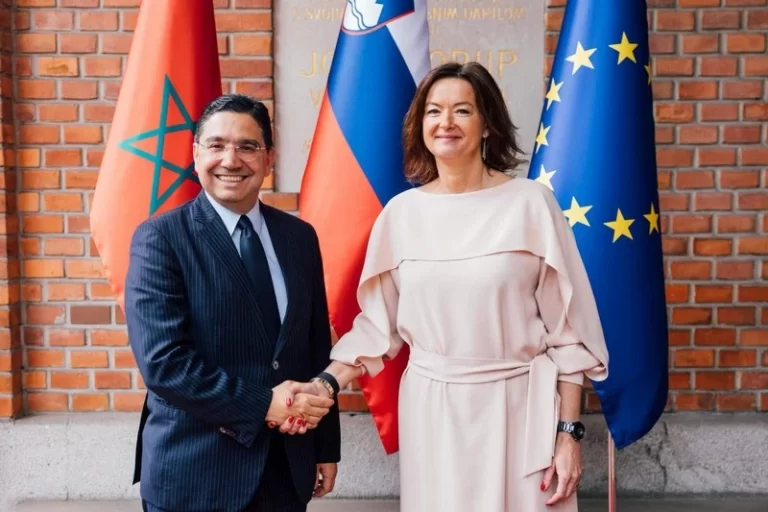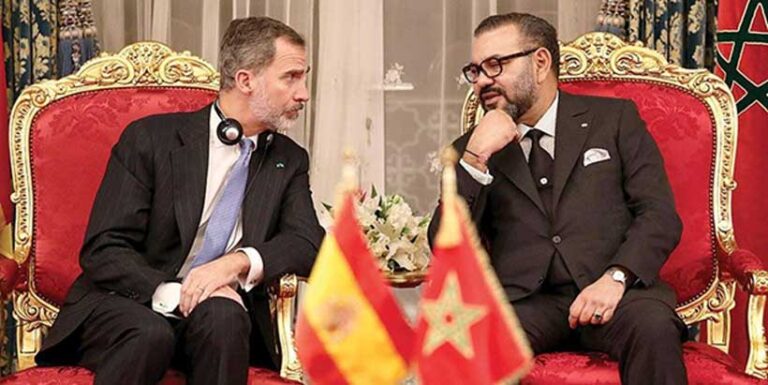
Research Analysts at FDD
In a stark reflection of Tehran’s expanding regional ambitions, Iran’s influence is now extending deep into North Africa, threatening both regional stability and key U.S. allies. An article by the Foundation for Defense of Democracies (FDD), titled “Iran’s Foothold Reaches Into North Africa,” unpacks how the Islamic Republic is leveraging its Lebanese proxy Hezbollah to train and arm militant groups such as the Algeria-backed Polisario Front.
A Threat Once Dismissed, Now Realized
In the early stages of the Israel-Hamas conflict, Iran issued a provocative threat: if Israel did not back off in Gaza, Tehran would respond by closing the Strait of Gibraltar. At the time, the idea seemed preposterous—Iran held no apparent influence in that geographic corridor. However, revelations in a Washington Post report suggest a more calculated long-term strategy. According to the report, Hezbollah, acting on Tehran’s behalf, has trained fighters from the Polisario Front—an armed separatist group seeking independence for Western Sahara from Morocco. These fighters are now reportedly in Syria under pro-Assad control.
Iran and Hezbollah’s Ties to Polisario
Though shocking, this development is not entirely new. In 2018, Morocco publicly accused Iran of smuggling surface-to-air missiles to Polisario through its embassy in Algiers, using Hezbollah as the intermediary. Morocco responded by cutting diplomatic ties with Tehran. In 2022, reports emerged that Polisario was being equipped with Iranian-made kamikaze drones—later confirmed by Morocco’s UN envoy with photographic evidence.
By January 2025, footage emerged simulating drone attacks launched by Polisario against Moroccan targets, marking a disturbing escalation in the group’s capabilities and tactics.
Algeria’s Role in Backing the Polisario
The Polisario Front enjoys unwavering support from Algeria, which provides it with arms, passports, and logistical support. Its leadership operates from the Tindouf refugee camps in southwestern Algeria—an area that has become a hub for extremism. In November 2024, Polisario militants launched rockets at a Moroccan festival celebrating the 1975 Green March. The attacks, traced to Algerian soil, highlight Algeria’s complicity in supporting these destabilizing actions.
A Nexus of Terrorism and Extremism
The threat goes beyond state rivalry. The Tindouf camps have become a fertile recruitment ground for extremist organizations, including al-Qaeda in the Islamic Maghreb and the Islamic State. One of the most notorious figures to emerge from this network was Adnan Abu al-Walid al-Sahrawi, a former Polisario official turned Islamic State leader in the Sahel. He was killed by French forces in 2021, underscoring the dangers posed by the group’s radicalization pipeline.
Further reports submitted to the United Nations Human Rights Council accuse Polisario of exploiting children in the Tindouf camps, subjecting them to military training and denying them access to basic education—tactics reminiscent of other extremist groups that weaponize youth for militant agendas.
U.S. Policy Recommendations: Strengthen Morocco, Confront Iran’s Proxies
Given the mounting evidence of Iranian support for Polisario, the FDD urges the U.S. government to act decisively. First, the U.S. should fulfill its commitment to open a consulate in Dakhla, Western Sahara—an action that would reaffirm American support for Moroccan sovereignty. Second, the FDD calls for the U.S. to designate the Polisario Front as a Foreign Terrorist Organization (FTO).
This designation would not only cut off crucial funding and logistical pathways but also signal that targeting a U.S. ally with Iranian-backed weapons and tactics will have consequences.
Conclusion
As Tehran stretches its influence beyond the Middle East and into North Africa, the stakes are rising. Iran’s partnership with Hezbollah and Polisario is not just a threat to Morocco—it’s a broader strategic move aimed at challenging Western interests across the Mediterranean and the Sahel. U.S. policymakers should heed FDD’s warning: failing to confront these alliances now could invite far greater instability in the near future.
Source: Foundation for Defense of Democracies (FDD) – “Iran’s Foothold Reaches Into North Africa”
Follow the authors on X: @AhmadA_Sharawi, @themariamwahba




